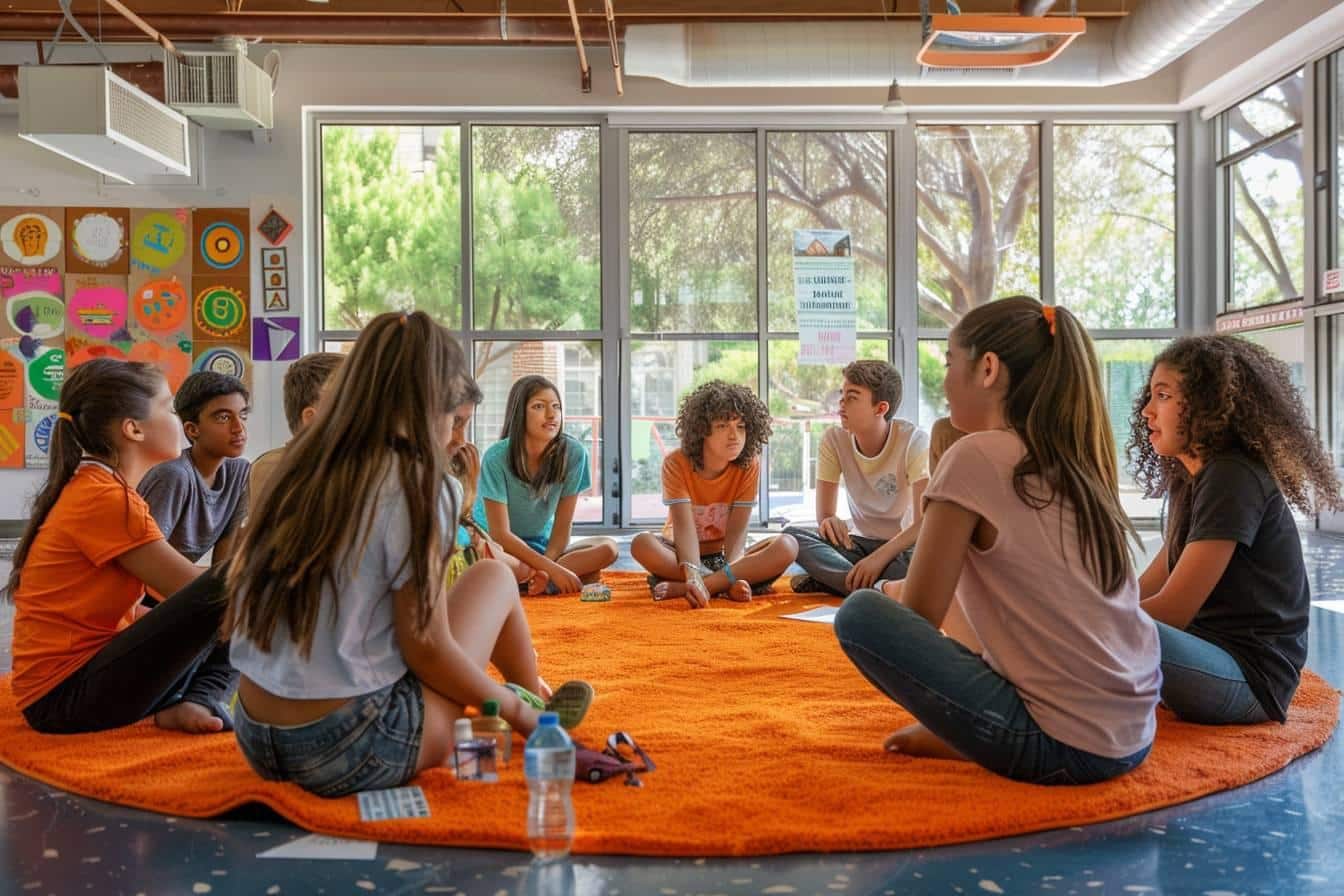The role that Israel plays in Jewish life within the Diaspora has always been of paramount significance. Recent events have amplified this influence, affecting various facets of Jewish existence worldwide. With the Hamas attacks on October 7th and subsequent Swords of Iron War, coupled with a noticeable upsurge in global antisemitism, Jewish educational institutions have found themselves at a crossroads.
The immediate impacts: Schools and curricula adjustments

Integration of current events into academic materials
Schools and educators are increasingly integrating recent geopolitical occurrences into their teaching frameworks. This includes:
- Revising history and social studies syllabi to include recent events
- Developing discussions around conflict resolution and diplomacy
- Incorporating multimedia presentations on the ongoing situation in Israel
Safety measures and policies
The emerging threat environment has necessitated heightened security protocols across many Jewish schools globally. Safety measures adopted include:
- Enhanced physical security, including hiring more guards
- Implementing emergency response drills
- Strengthening cyber-security systems to counter digital threats
Educators’ responses: Adapting to new challenges
Professional development for teachers
Jewish educational institutions are now investing significantly in professional development to better equip teachers to handle sensitive topics. Strategies involve:
- Workshops on trauma-informed education practices
- Training sessions on conflict-sensitive pedagogy
- Collaborative forums with Israeli educational experts
Community and parental involvement
Another key focus is fostering stronger partnerships between schools and communities. Engagement initiatives include:
- Regular town hall meetings to discuss safety concerns and educational strategies
- Creating support networks for parents and students affected by the conflict
- Organizing cultural exchange programs with Israeli students
Student experiences: Firsthand accounts and psychological impacts
Navigating identity and heritage
Students are encountering deeper layers of complexity regarding their Jewish identity. They are grappling with questions such as:
- What does it mean to be a Jew outside Israel during times of conflict?
- How can they maintain their cultural and religious practices while ensuring their safety?
- What role should they play in advocating for peace and understanding?
Mental health considerations
The psychological toll on students cannot be overlooked. Educational institutions are prioritizing mental well-being through measures like:
- Establishing comprehensive counseling services tailored to trauma
- Offering anonymous chat lines for students needing confidential support
- Conducting mindfulness workshops and stress-reduction activities
Long-term outlook: The future of Jewish education in the diaspora
Innovations in educational technology
The crisis has accelerated the adoption of educational technology among Jewish schools. Innovations being considered or implemented include:
- Virtual reality experiences simulating historical and contemporary Jewish settings
- Online platforms connecting diasporic students directly with peers in Israel
- E-learning modules focused on ancient and modern Jewish texts
Global collaborations and resource sharing
To build resilience and solidarity, Jewish educational bodies are forging stronger international links. Collaborative efforts encompass:
- Joint curricula developed by educators from multiple countries
- Shared repositories of educational resources and teaching aids
- Transnational student exchange programs promoting intercultural dialogue



